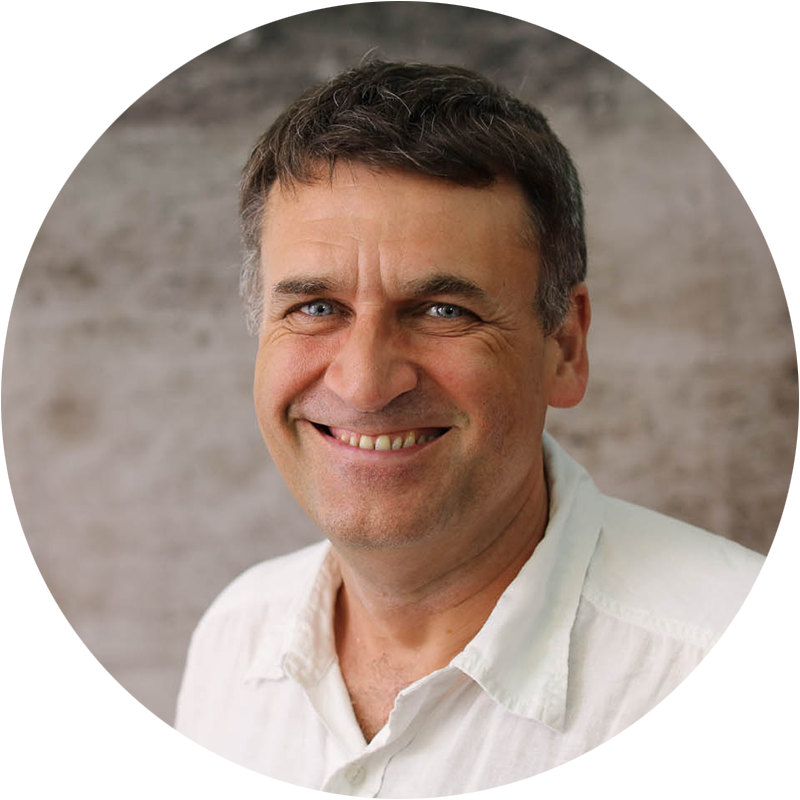Social Forum calls for a world without borders

Europe remains an attractive goal for emigrants from Senegal despite efforts to seal its borders to people from outside the industrialised world.
But non-governmental groups and leftwing politicians have warned at a panel discussion at the World Social Forum in Dakar that a strict policy will not achieve its aim of controlling the flow of migrants.
“For some time now only a few people have been trying to leave Senegal by boat,” said Moustapha Djeng, a fisherman from the village of Hann Bel-Air outside the capital Dakar, as a Spanish patrol boat appeared on the horizon.
The coast was a popular starting point for people trying to reach the Canary Islands – a Spanish archipelago – until the European border security agency Frontex launched operations a few years ago.
Yet it remains almost impossible to control the 700-kilometre coastline and people still succeed in entering European territory illegally. Efforts to prevent migrants from trying their luck seem half-hearted despite awareness campaigns by a Senegalese business association.
Paradise beckons
The task is made difficult by the fact that Europe is widely regarded as a paradise.
Lamine Konté, a young Senegalese who lives in Switzerland and is married to a Swiss, says he has met numerous fellow countrymen who came to Europe hoping for an easier life but who now do not even have the money to return to Africa.
He says people back in Senegal seem unconvinced if he tries to warn them against high hopes of migrating to Switzerland.
“But my argument lacks credibility and I can’t blame them for disbelieving me because I stayed in Switzerland despite the difficulties,” Konté said.
“It is true that in many cases emigrants manage to send back some money after a while. It may be enough to send the children to school and provide a better life for the family back home.”
With the economic crisis having a global impact the hurdles to emigrating legally to Europe have become insurmountable.
Worsening labour conditions
And those who have made it to Europe are facing additional difficulties.
“Labour conditions have become increasingly precarious and the authorities have adopted a tough line on job permits,” said Guglielmo Bozzolini. The director of Ecap, an organisation for further education in Switzerland, has been attending a meeting of trade unionists at the forum in Dakar.
The current situation serves as a perfect pretext for many countries to marginalise foreign workers and eventually exclude them from society as illegal immigrants, non-governmental groups warn.
Massimo D’Alema, a former Italian prime minister, says it makes no sense to divert the flow of African migrants to countries such as Libya known for their dubious human rights record.
He acknowledges that it is necessary to try to block illegal immigration, but he says Europe must never forget that it needs immigrants simply because the active workforce will naturally decrease by more than 90 million people by 2050.
“Europe will need more than 30 million immigrants within the next 30 years if the difference between the active and passive [older] population is to remain in balance,” D’Alema said.
“It is therefore essential to welcome migrants as human beings and not as a potential danger,” he added.
Development
Panel participants also stressed that migrants are often an important element of development aid in Africa. With their remittances from Europe they have become the second largest foreign investors on the African continent.
D’Alema remains sceptical whether it will be possible to control migration as long as the gap in living standards between the industrialised and the developing world remains as big as it is now.
“We need sustainable development which offers the young generation prospects so they don’t have to risk their lives in the search for a more settled future,” D’Alema said.
On the eve of the opening of the World Social Forum more than 150 representatives of migrant organisations met on Gorée island off the coast of Dakar to discuss migrants’ rights.
They approved a World Charter of Migrants proclaiming freedom of movement and the right of every human being to settle anywhere on the planet.
The pact seeks the abolition of borders and visa regulations and calls for equal rights for all people.
The draft charter was developed by a group of 120 families in the French city of Marseille five years ago.
The annual meeting of the World Social Forum is taking place in the Senegalese capital, Dakar, from February 6-11.
The gathering of anti-globalisers brings together tens of thousands of participants from around the world.
Among the prominent international figures to attend the forum are the former Brazilian president, Luiz Inácio Lula da Silva, Bolivian President Ivo Morales and France’s Socialist Party candidate for the 2007 presidential elections, Ségolène Royal.
Switzerland is represented by members of centre-left political parties, the unions and other NGOs.
(Adapted from Italian by Urs Geiser)

In compliance with the JTI standards
More: SWI swissinfo.ch certified by the Journalism Trust Initiative













You can find an overview of ongoing debates with our journalists here . Please join us!
If you want to start a conversation about a topic raised in this article or want to report factual errors, email us at english@swissinfo.ch.